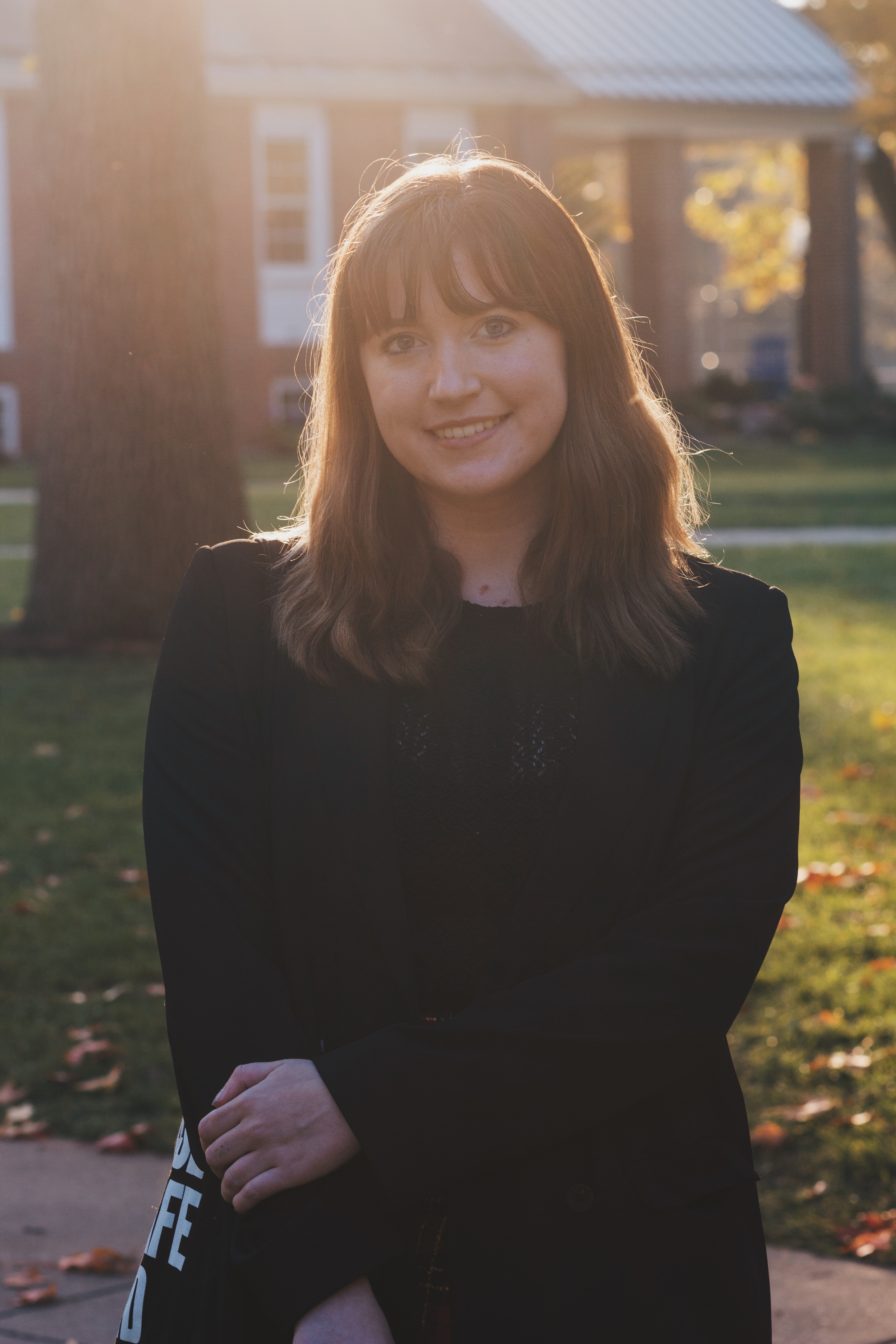ISSN: 1941-4137
POETRY THAT ENACTS THE ARTISTIC AND CREATIVE PURITY OF GLASS
POETRY THAT ENACTS THE ARTISTIC AND CREATIVE PURITY OF GLASS

Audrey Lee is a writer and student from Philadelphia, Pennsylvania who attends Franklin & Marshall College in Lancaster, Pennsylvania, where she is earning her B.A. in creative writing and American studies. Her work has been featured in The Sierra Nevada Review, DIALOGIST, The Indiana Review, and Teen Vogue.
My mother says I should write about Brett Kavanaugh & I take a breath and tell her:
i do not owe him anything. i do not owe him
my words, my time & the body that creates those things
& i do not owe him my body & i do not owe my body
to anyone. mother, you taught me this when i was young
& supple skinned, unscarred & virgin before
i owed anyone, anything. & i never did.
mother, please chide me for my youth & baby fat
& how i am raped & cannot understand how this is my fault
& how i am touched & how i do not owe anyone
my touch where i shouldn’t. & how i am ruining a man,
how i am ruining a man’s life & how this is because
i am a woman & have all the power to do so.
i do not owe anyone my time & ruin their life
in doing so. mother, i do not want
to write about how my power & my power
in my words & time & body, screamed behind
a hand clapped over my mouth & it tells me to
shut up & i cannot shut up.
so i write about you, mother & i do not owe
you anything like how i do not owe him anything
& how it is my responsibility to shut up & be chided
like i once was. mother, there is not enough of my body left
& there is not enough of my time left & i owe
no one my words of those things.
I wrote this poem after the Brett Kavanaugh testimony in late September, 2018. It seemed timely to write a poem integrating the rhetoric being used around Dr. Christine Blasey Ford’s accusations against Kavanaugh; however, as I wrote the poem, I switched the narrator to be writing to her mother instead of directly about the testimony. So the poem not only dissects the language commonly used in rape culture and against survivors of sexual assault, abuse, and rape, but also divides the relationship between a mother and her daughter, who is a survivor of sexual assault. I especially wanted to reclaim the power used in this language and rhetoric to be used in aid to survivors.
Glass: A Journal of Poetry is published monthly by Glass Poetry Press.
All contents © the author.
All contents © the author.





